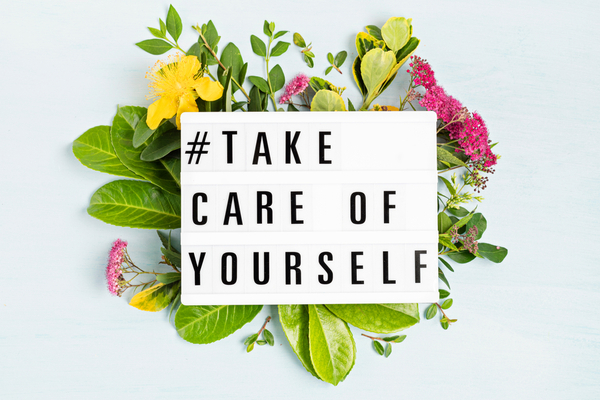Working from home: Tips for wellbeing
The COVID-19 pandemic has brought about many changes in the way we approach life while we work to manage the impact of this virus. The shift to working from home has been significant, and while it may have been the dream for some, it is suddenly the norm for many.
Working from home brings with it a number of challenges, especially when you’re juggling home duties, caring for children and self-care. Staying motivated can be tough, along with managing your time effectively. However, working from home can be an opportunity to create positive habits and embrace a new way of doing things. These six tips will help you to maintain your mental health and wellbeing while getting the most out of your days working from home.
1. Create a productive workspace
As tempting as it is to work from the couch or even bed, having a space that is set up specifically for working is the best way to approach working from home. Try to create a home office that is comfortable, free of distractions and has plenty of natural light. Ensure you have a comfortable chair, sufficient space and the chargers you need are easily accessible.
2. Set up your routine
Having a plan for each day will ease your mind and help you focus in a strategic way. Know what time you want to start, what tasks you might work on in particular timeslots and when you want to head to lunch. An ideal day should feature regular breaks too. Set aside time to get away from the screen and stretch your legs. If you have children, consider timetabling their days too. This can help everyone be more productive and content. It’s a great opportunity to help children learn about reading time!
3. Dress for work
Getting dressed for the day may sound obvious, but when you work from home getting out of your pyjamas might not seem like a priority. However, getting into work attire can help you to transition into the right headspace for your role and maintain a sense of normality in your work day. When the work day is done, you can slip back into your leisurewear and relax.
4. Get moving
Incorporating movement into your day will help relieve stress and improve your energy levels. Make it part of your schedule by taking a morning walk each day or doing yoga in the evenings. Prepare healthy meals and snacks to keep you going and feeling good inside and out.
5. Stay connected
Working from home can make you feel detached or even lonely at times, so keeping in contact with others is important. Aim to have at least one phone call or video chat with colleagues or clients each day. Staying in touch can help everyone feel connected, motivated and supported. If you don’t have colleagues to speak with, a conversation with a friend or family member during your break is great to add human contact into the day.
6. Switch off
When your workplace is also your home, it’s important to create a distinction between work time and leisure time. Research shows that people who work from home tend to work longer hours, so try to stick to working only during your scheduled times. Avoid checking emails and spend quality, mindful time on other areas of your life.
Enjoying the flexibility of working from home
Be patient and kind to yourself as you adjust to this new way of living and working. While structure is useful to maximise productivity and wellbeing from the home office, it’s okay to be flexible when needed too. For example, working from the couch now and again won’t hurt. Or, if children need more one-on-one time from you on some days, do what you can and complete tasks in the evening or early morning.
The move to working from home will require us to approach things differently, but with an open mind and a plan, there are many benefits to be enjoyed.
We are dedicated to supporting our learners and clients during this time. For any needs or questions, please reach out to us.




